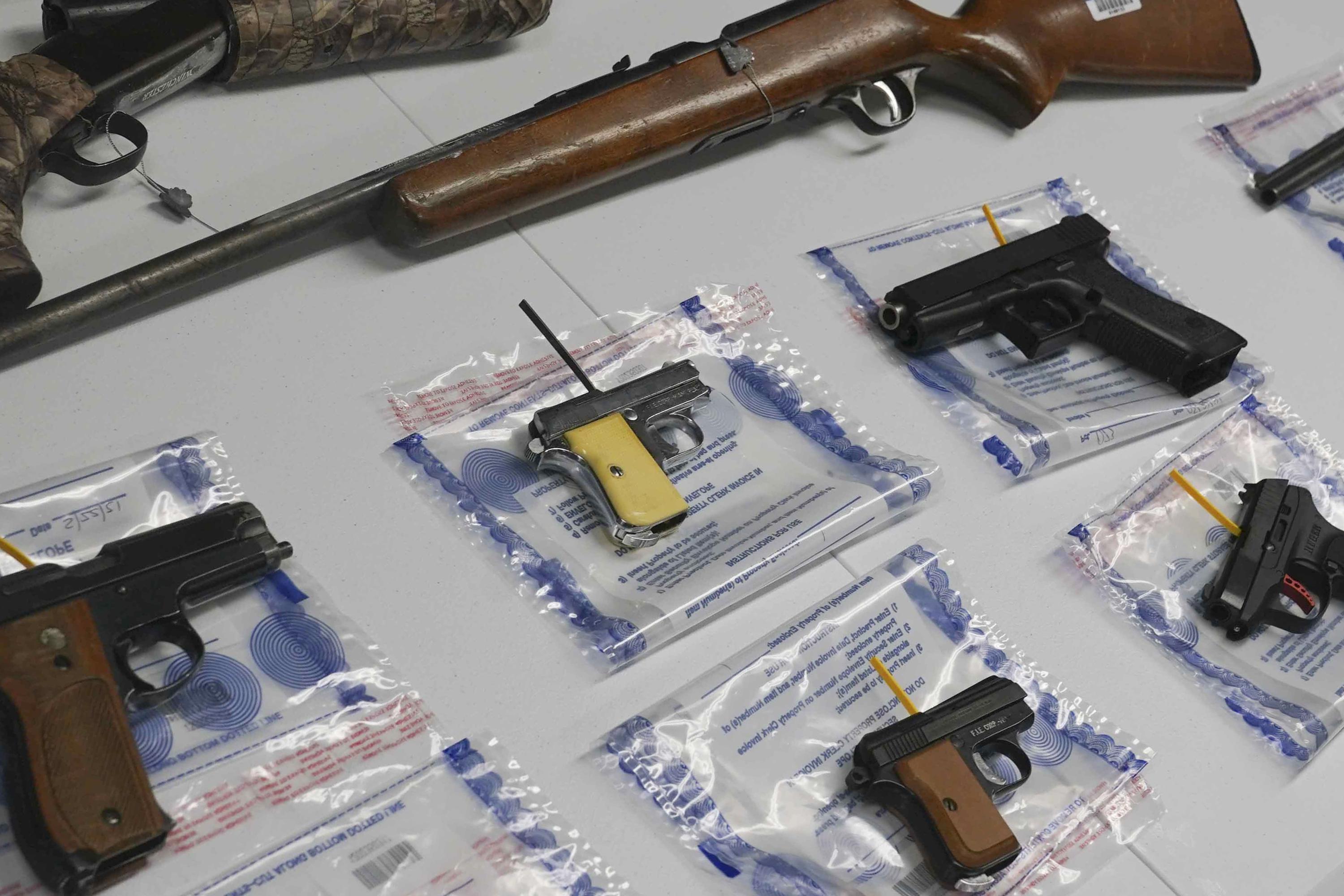brandon
Well-known member
- Joined
- May 17, 2019
- Messages
- 3,119
- Reaction score
- 5,417
Offline
T&P
Follow along with the video below to see how to install our site as a web app on your home screen.
Note: This feature may not be available in some browsers.
Coldseat, this is what I mean by being marginalized:
"I don’t go to clubs and bars anymore. But when I was younger, queer spaces were a lifeline. They weren’t just bars; they were shelters where I could escape all the judgment of the world. All the Christians who seemed to delight in telling me that I was hell-bound. All the pressure to be a “real man.” All the pretending to be someone I wasn’t, just to fit into a social order that I didn’t understand. They were, in short, places where I felt free."
https://www.washingtonpost.com/opinions/2022/11/21/colorado-springs-club-q-lgbtq-homophobia-hate/
So the point is that's certainly not fair and it should be recognized. Anyone in this society should be able to be themselves anywhere at any time.
This is certainly true. Even for me, coming out as a 40 year old, gay bars and gatherings with my gay friends were the only places I felt I could truly be myself. That's still true 7 years later. There is so much social pressure (both external and internal) to be "less gay" everywhere else, even when everybody knows your gay. Or else your thought of as a flake, weak, emotional, unreliable, irresponsible, etc.
It truly sucks. Most of it comes naturally, due to conditioning over time, but you always feel like you have to hide a part of yourself, less you be judged. One thing that does help is age, just because you're less concerned with what people think of you or how they will judge you. But it doesn't mean you stop thinking about it because you know those judgements can hurt you depending on where they're coming from.
The irony is that before I came out, going to a gay bar as a closeted man (with straight friends) was always a terrifying feeling. Like "what if I'm found out, what if my friends see me looking and make a comment, how would I react if somebody hit on me, etc."
Drag Queens are marginalized in the same ways that LGBTQ+ people in general are marginalized. However, because the stand out so much, they definitely receive more ire from the right wing. So in that sense they are more targeted for hatred, case in point.
I'm not really sure what the point of this argument really is. There isn't a marginalization metric and those of us that belong to groups that are generally considered as marginalized don't go around constantly proclaiming how marginalized we are.
So, doing a bit of self reflection, I guess any point I make (or try to) is now influenced to an extent by me being back in MX. In MX, marginalization has a very different face. When I read about a drag queen book reading hour at a school being protested is marginalization, then I look at situations like entire villages in Chiapas not getting power, potable water, or schools, it very much sounds like drag queen reading hour being protested is a 1st world problem.
A hate crime in a gay club that kills 5 is deplorable, but then I see the 1000 or so (and counting) pink crosses in Chimalhuacan.
And it's not like similar things don't happen in the U.S. to some extent, Flint, reservations, the various 'hoods around big cities, the ever covert institutional racism, and indeed, the ways that LGBTQ+ people in general are marginalized. But then, not being allowed to marry, or being denied a mortgage, or being denied employment, that's a lot more serious than being protested while reading books in drag to children.
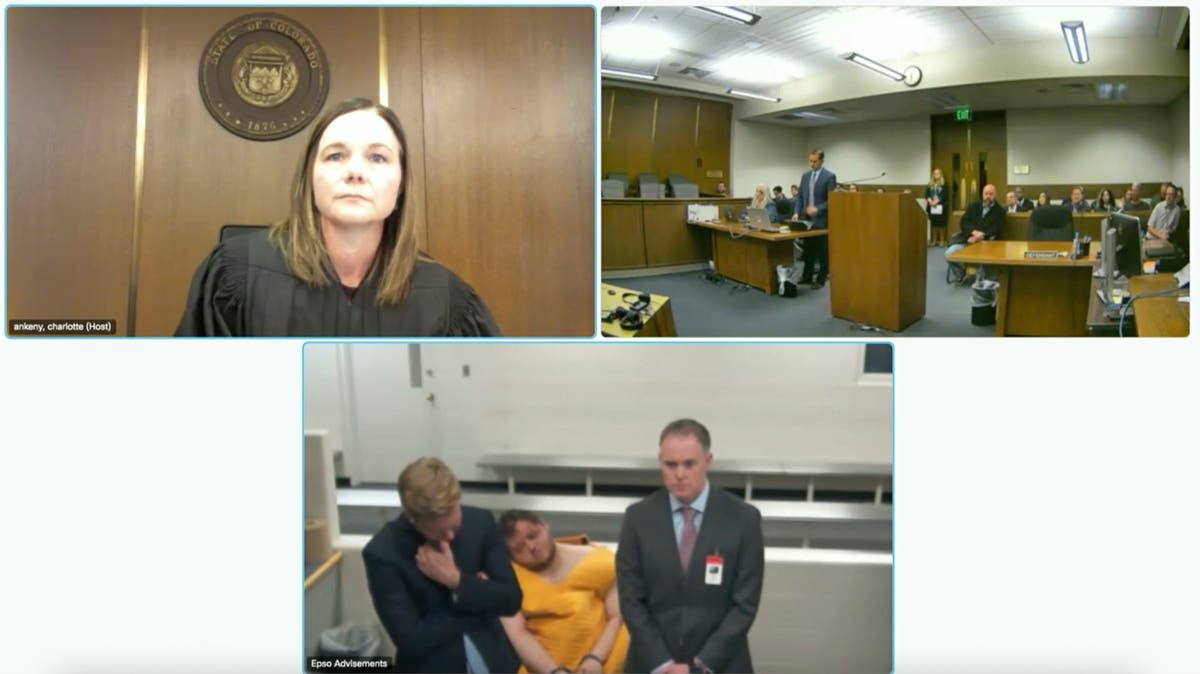

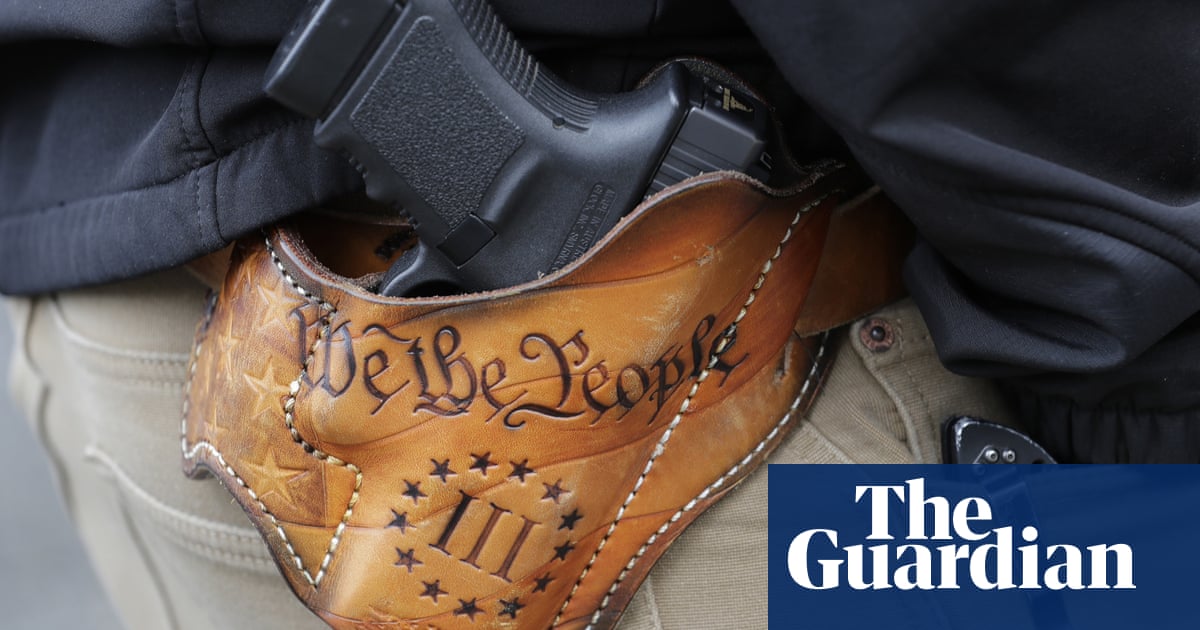
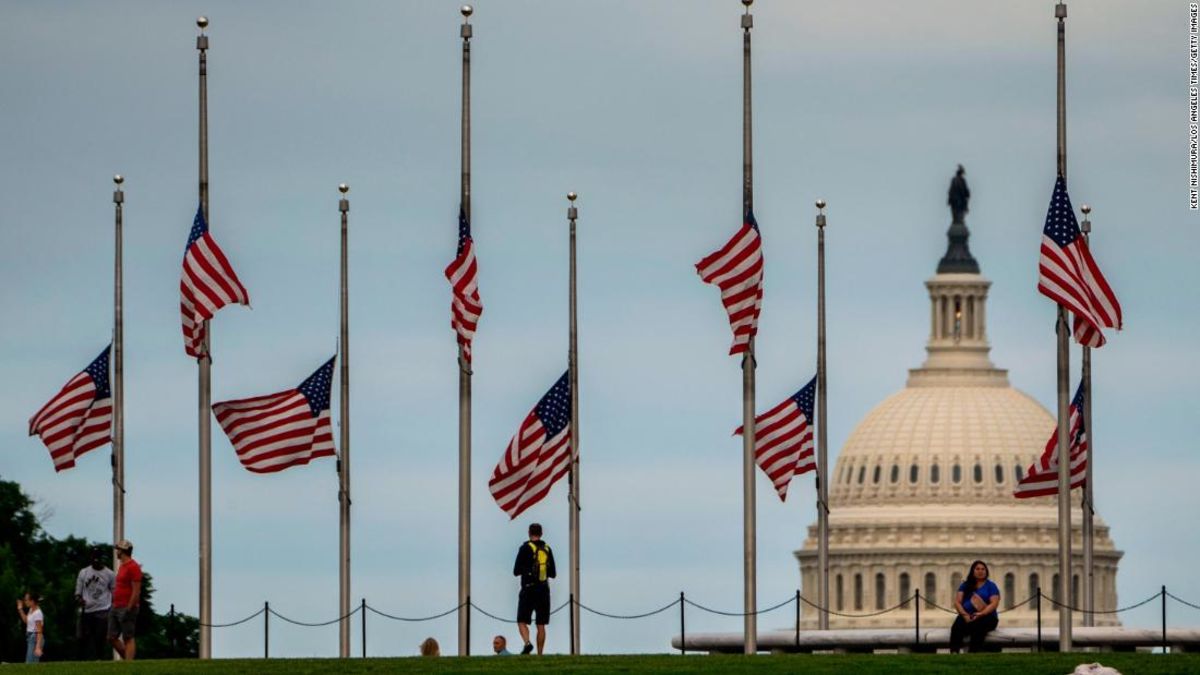
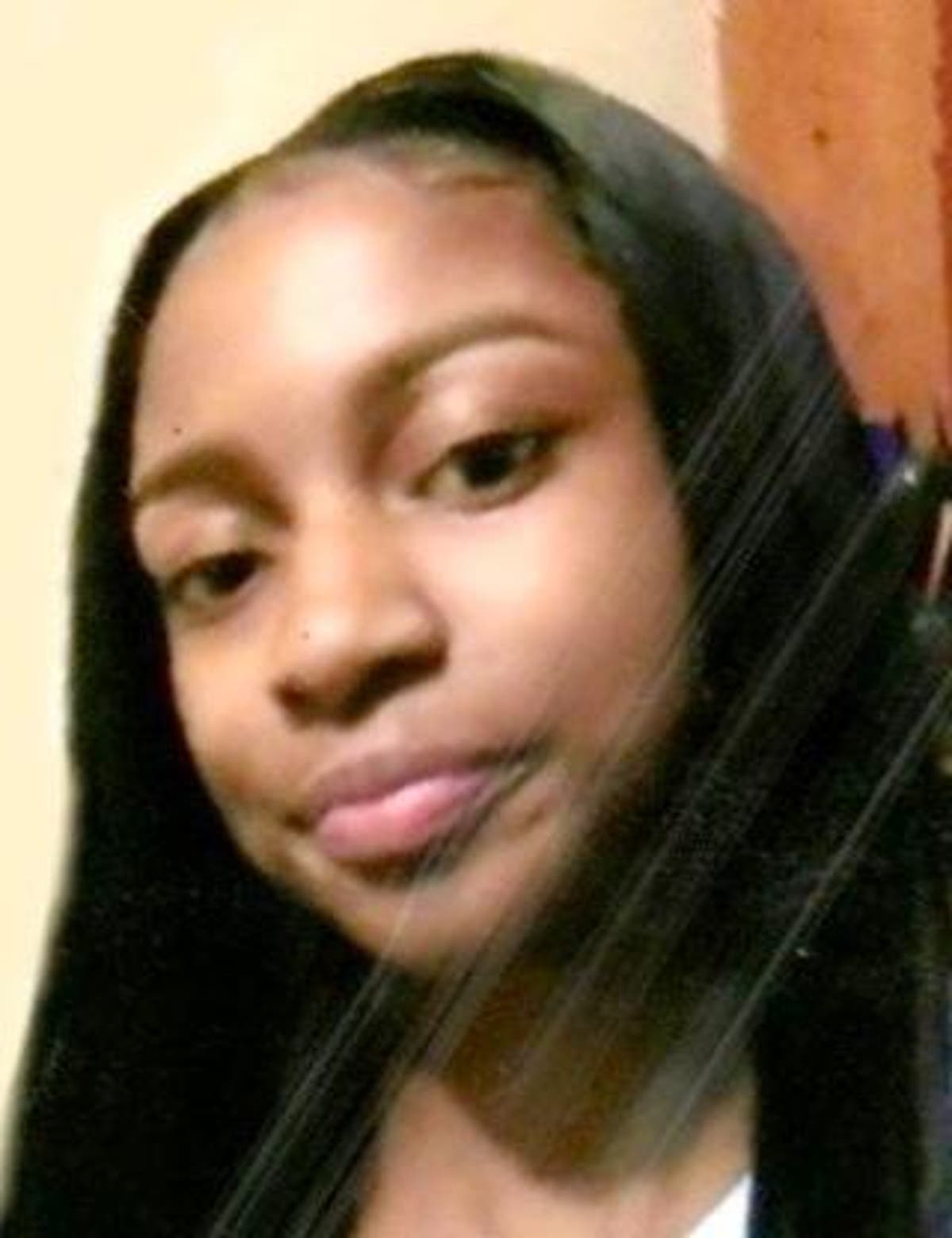
“This is not normal. This is not normal for a city and a country to have so many shootings every day,” Susannah Tetlow said. “This is a human. This is my child. And now she’s gone.”
